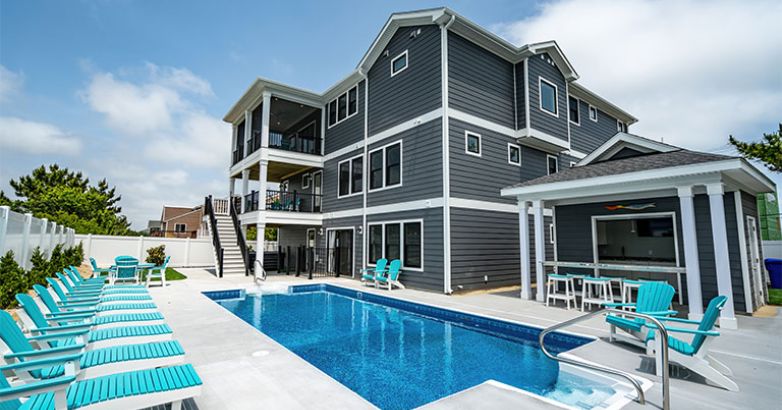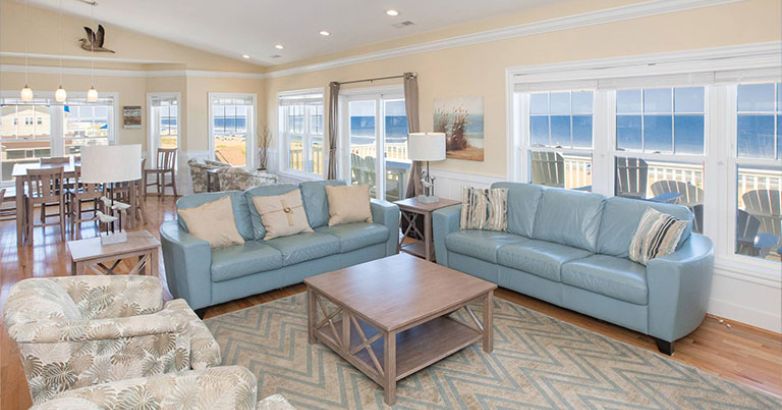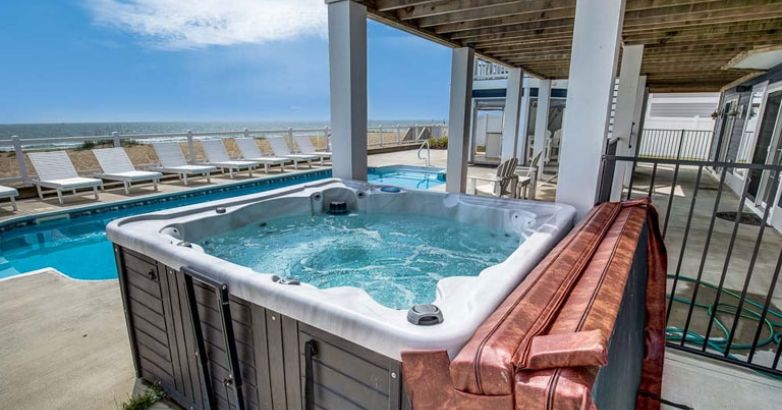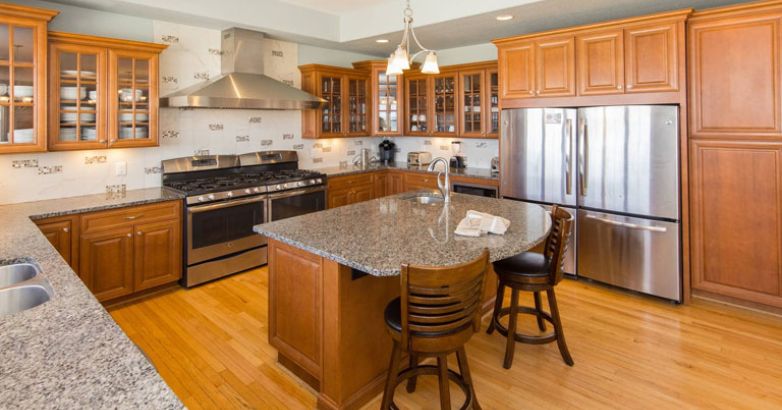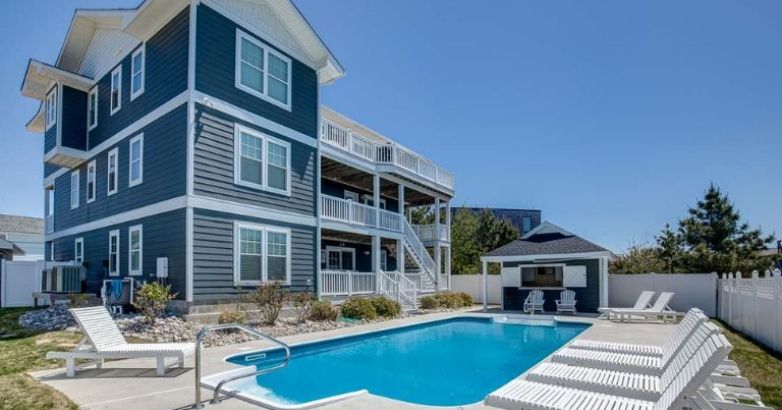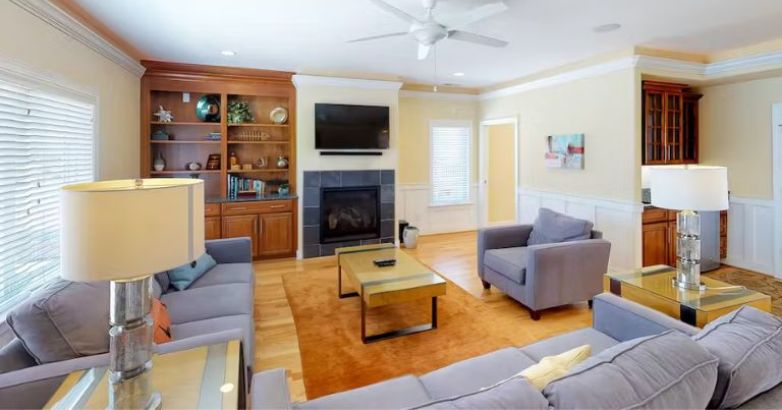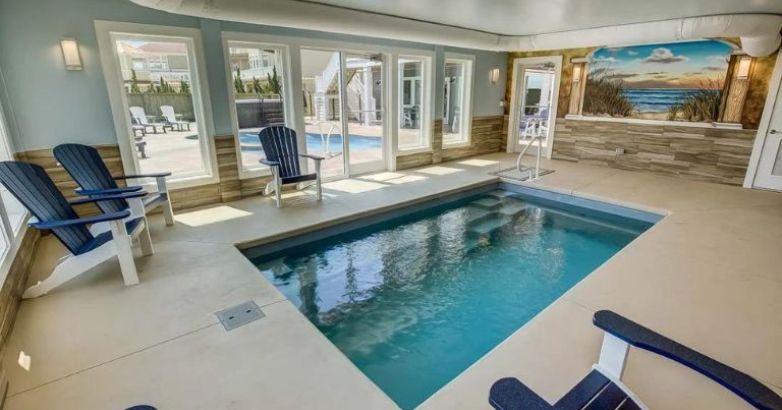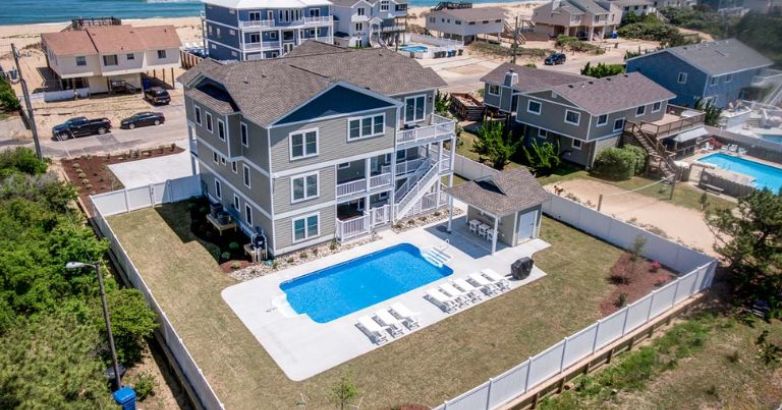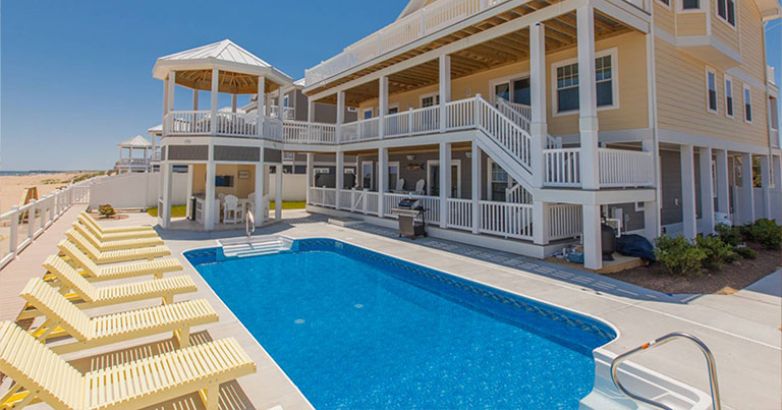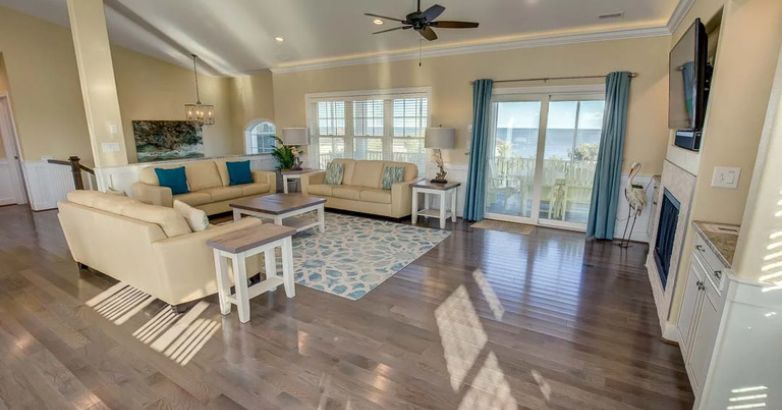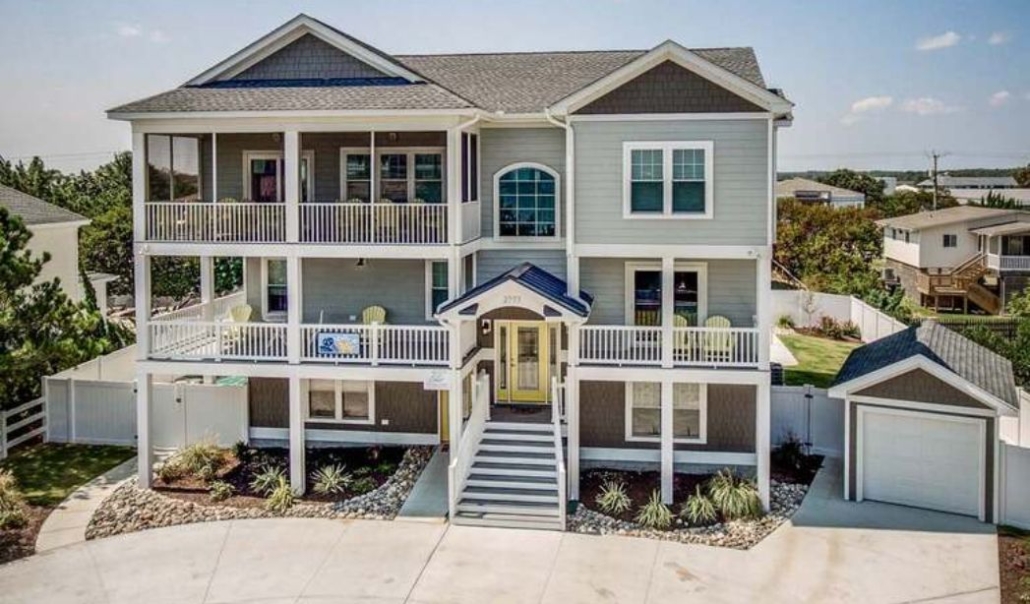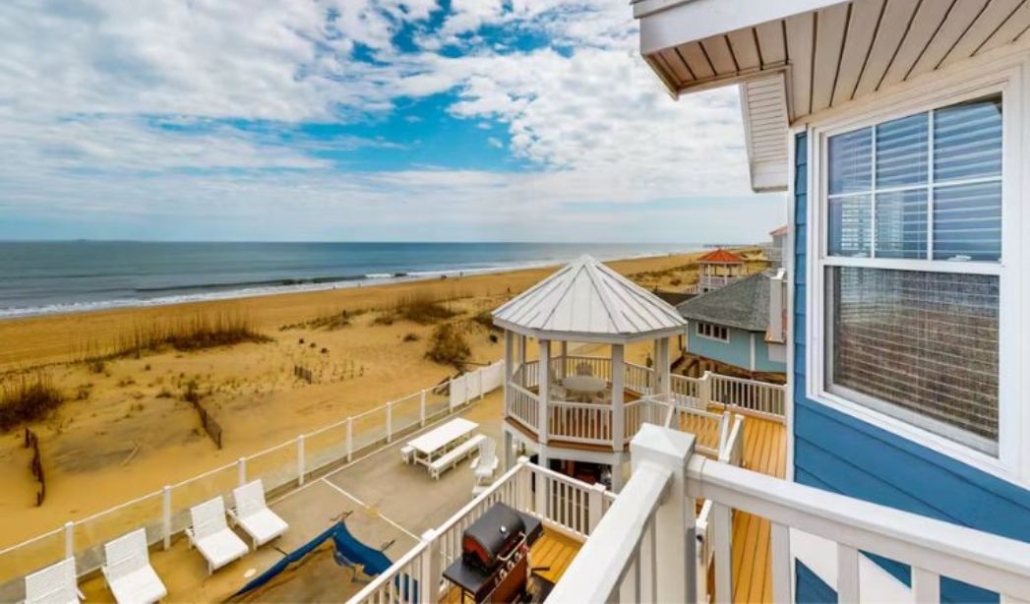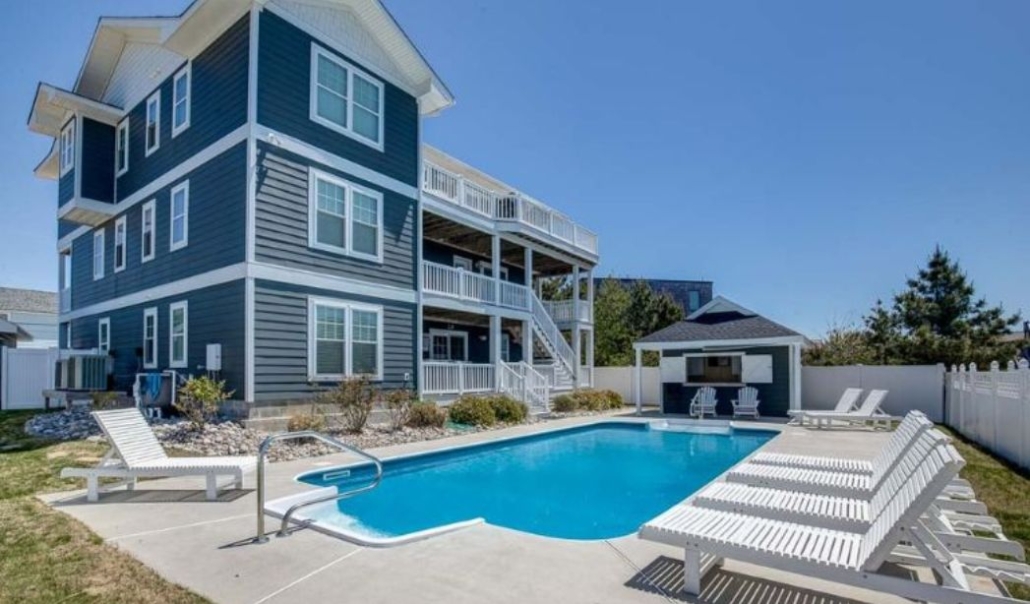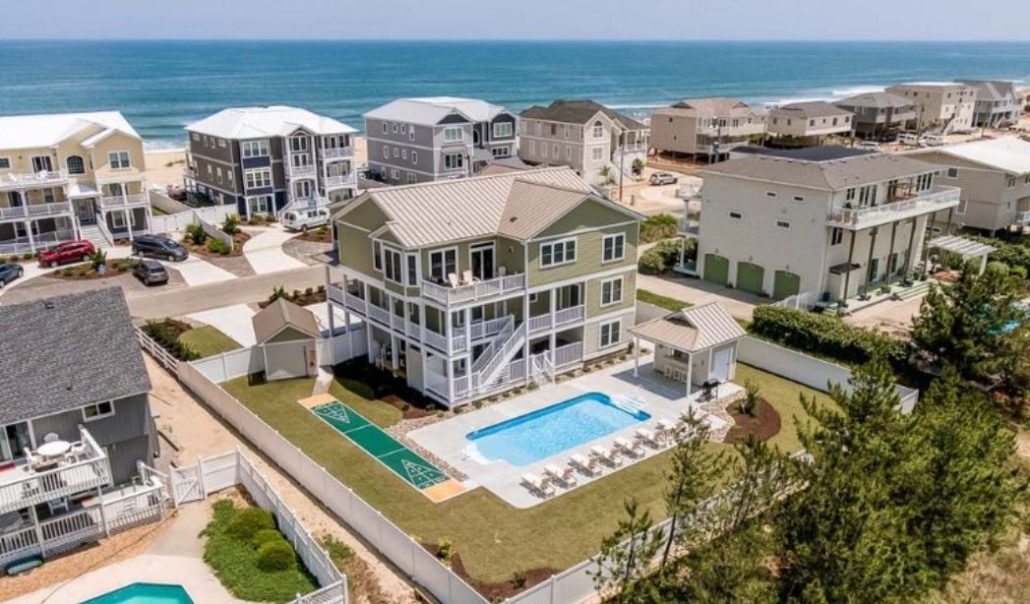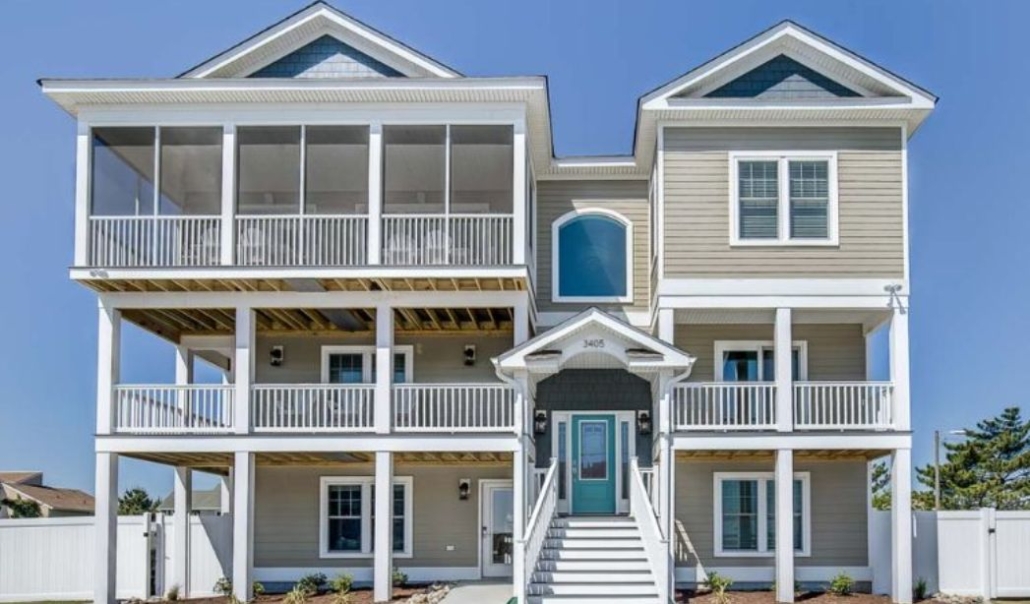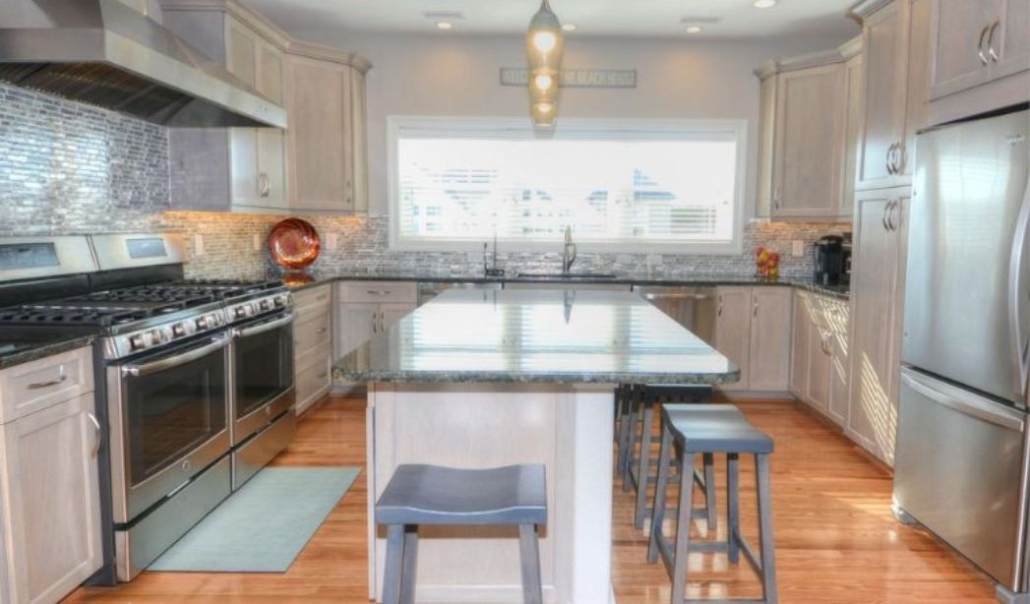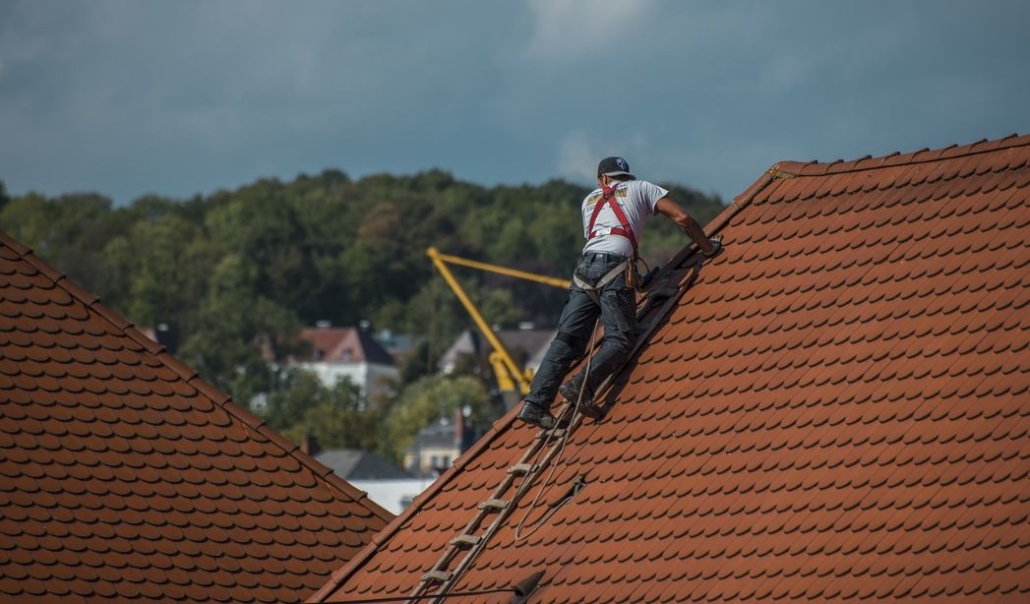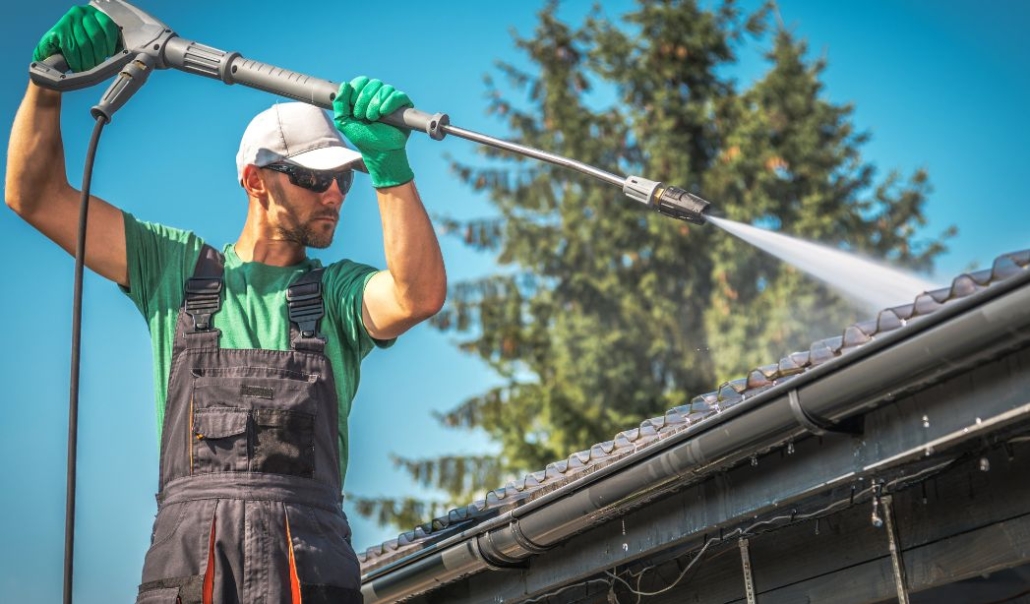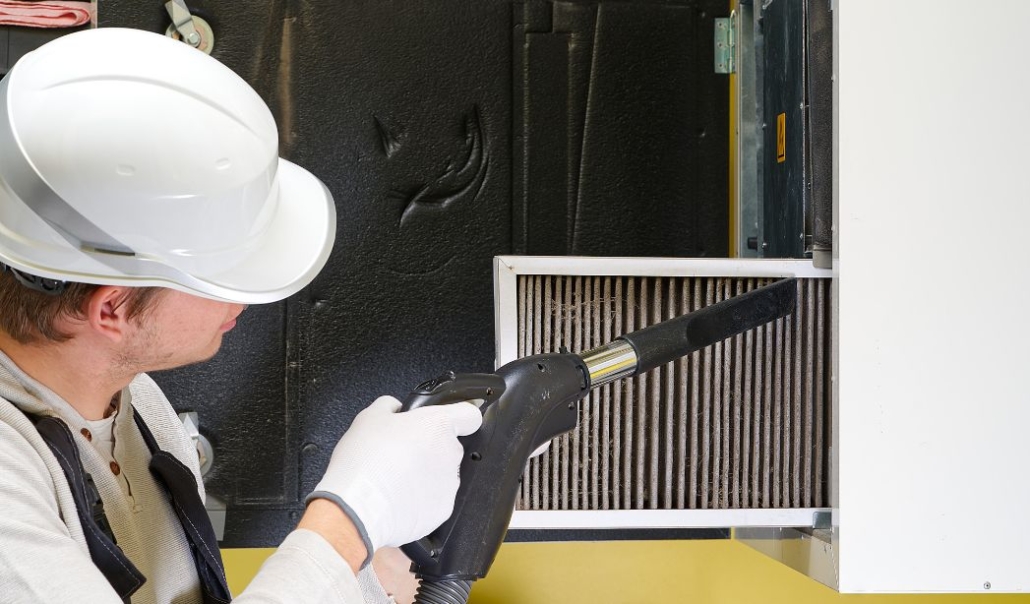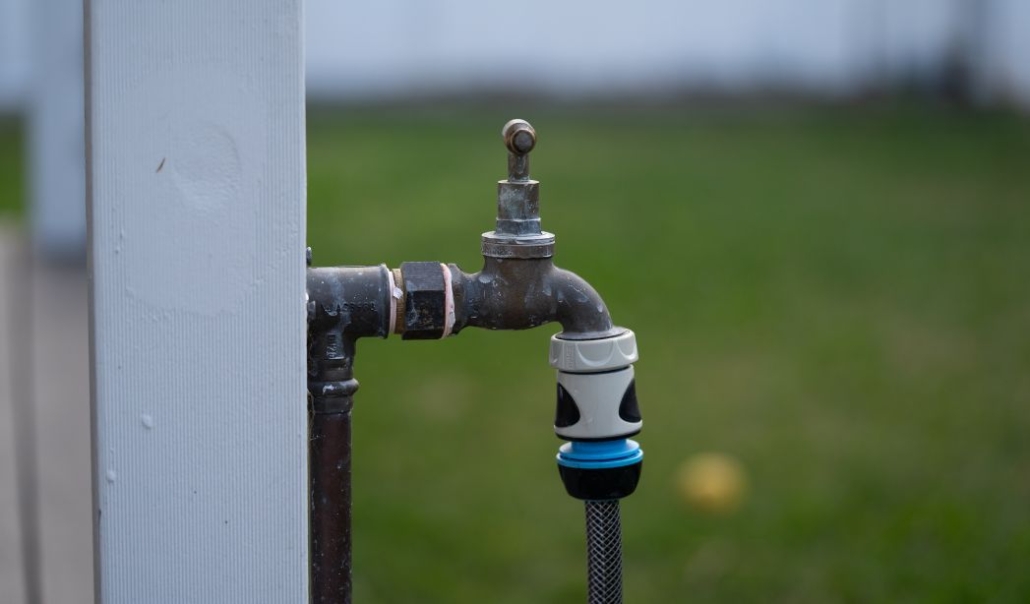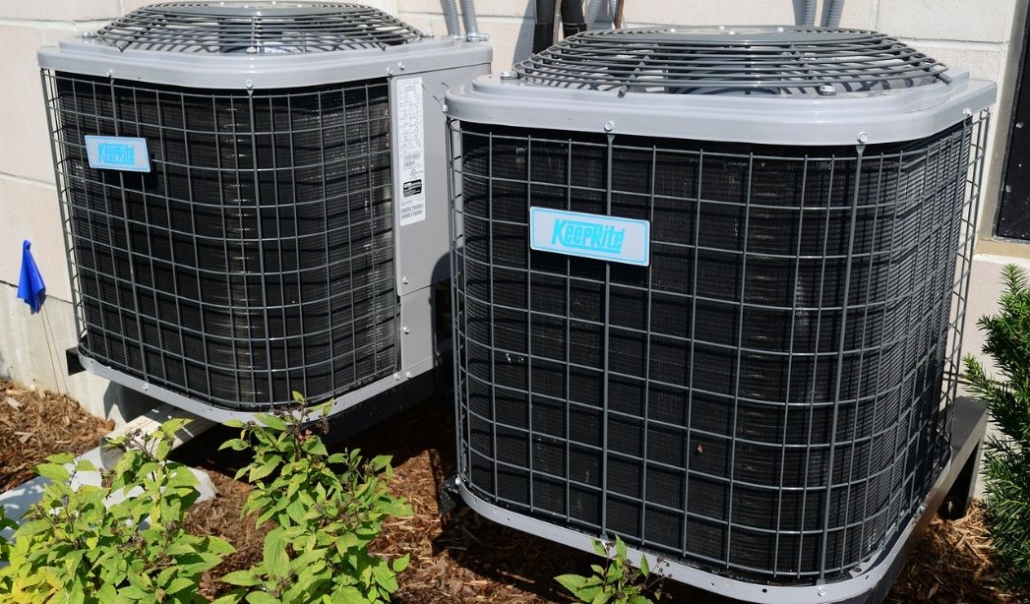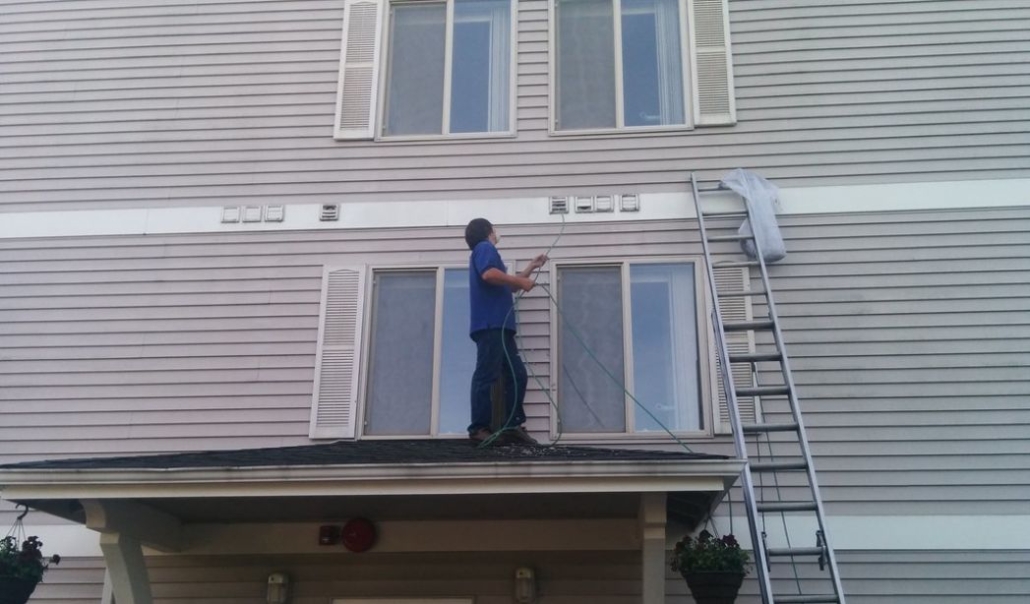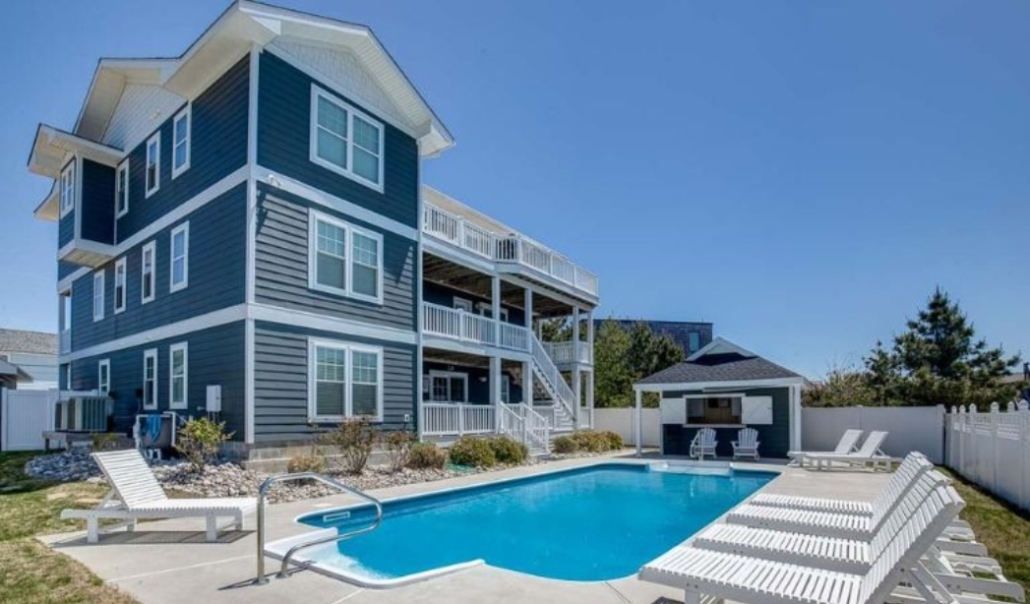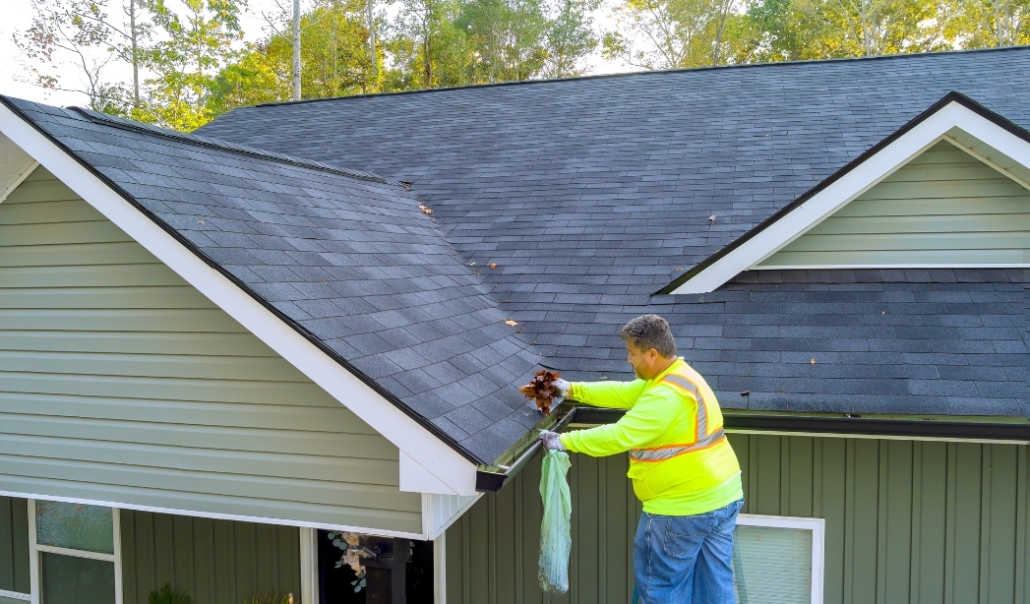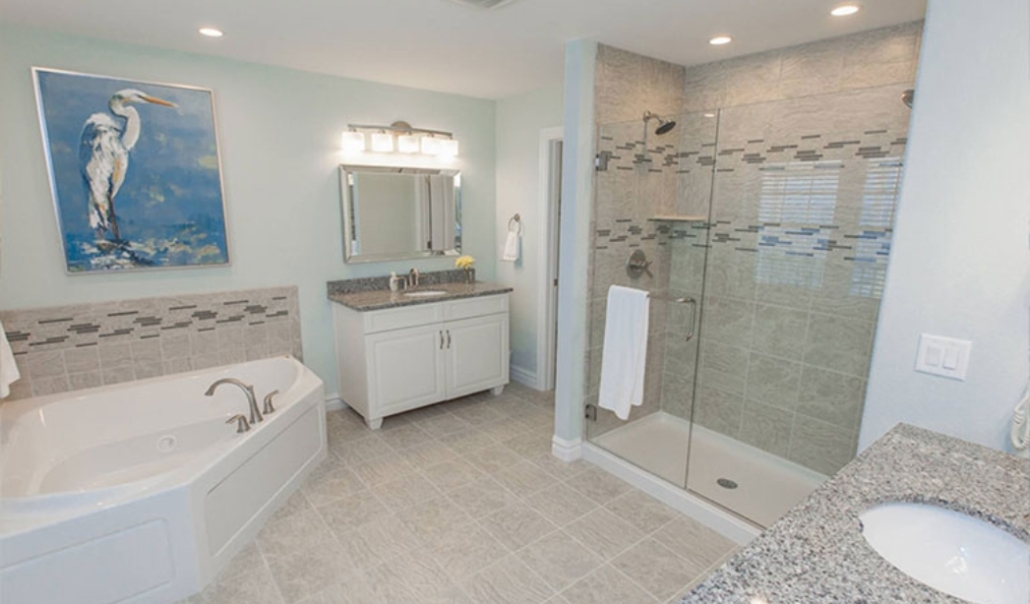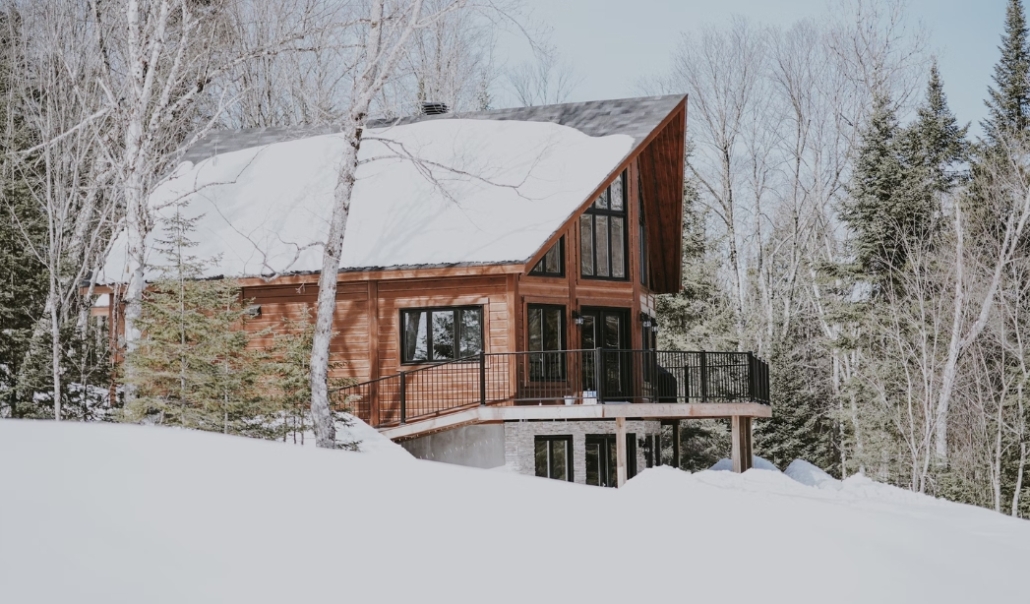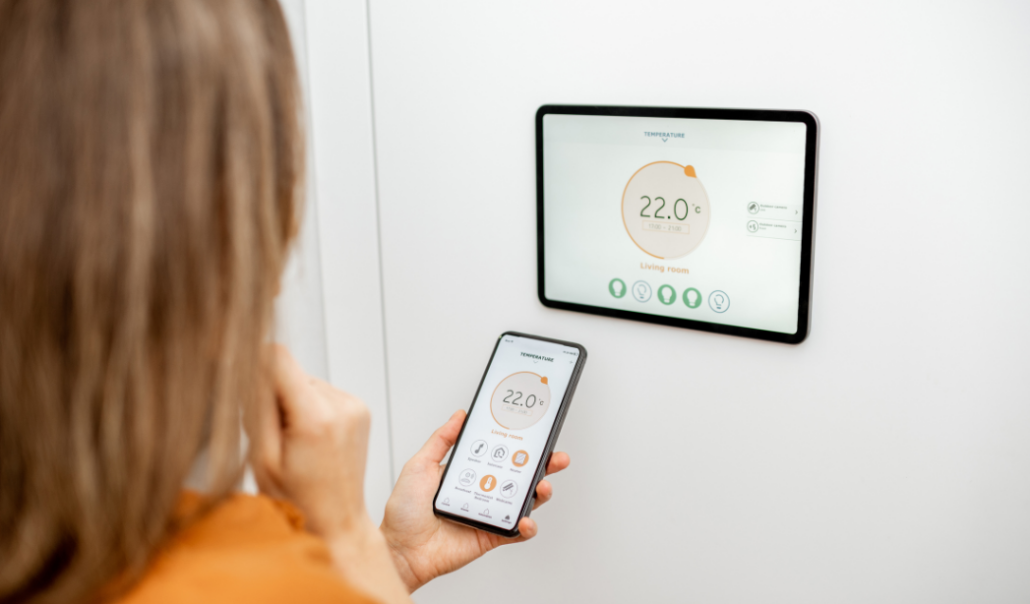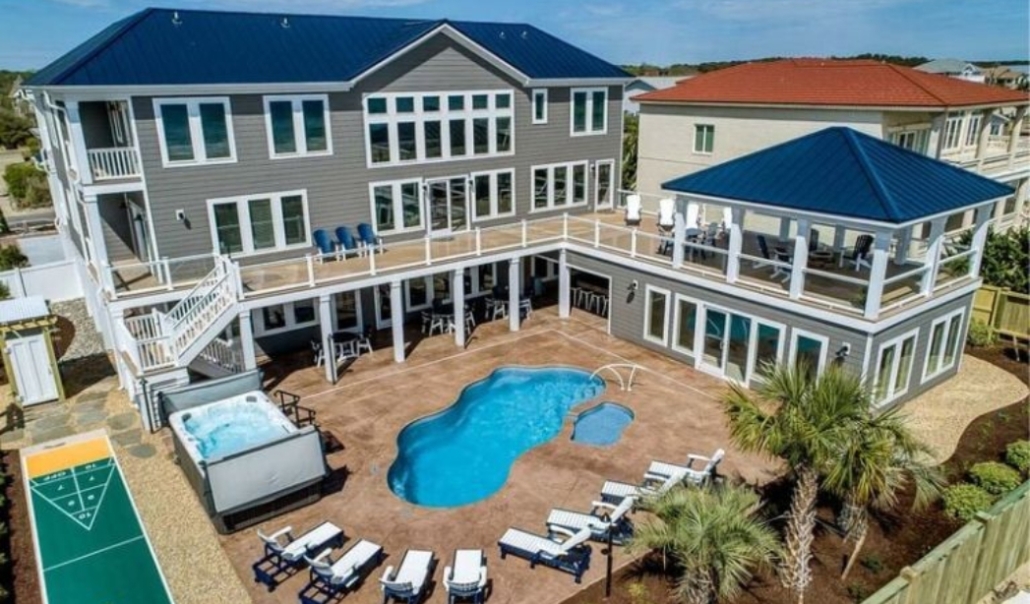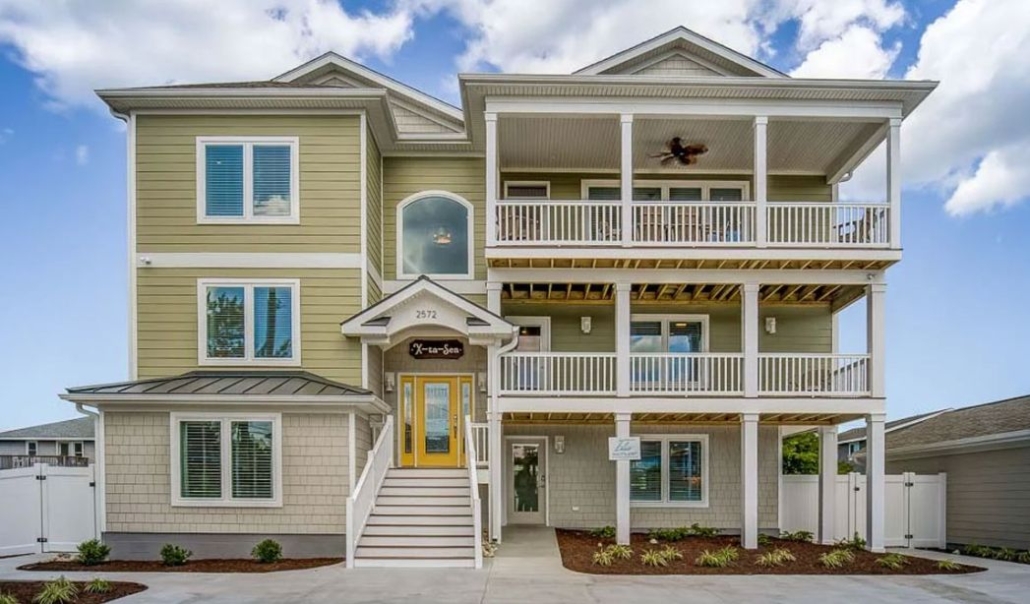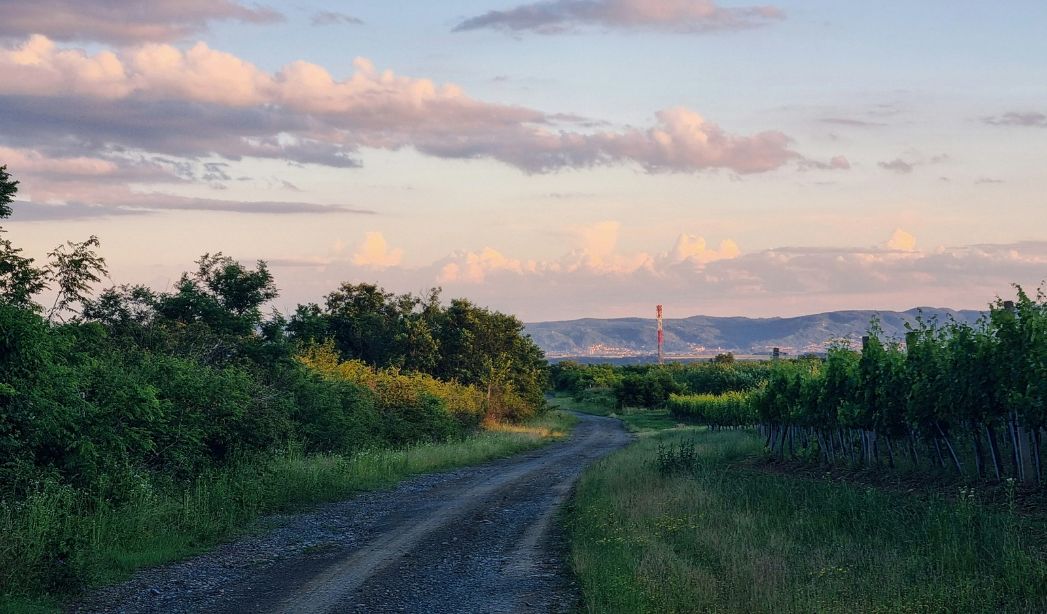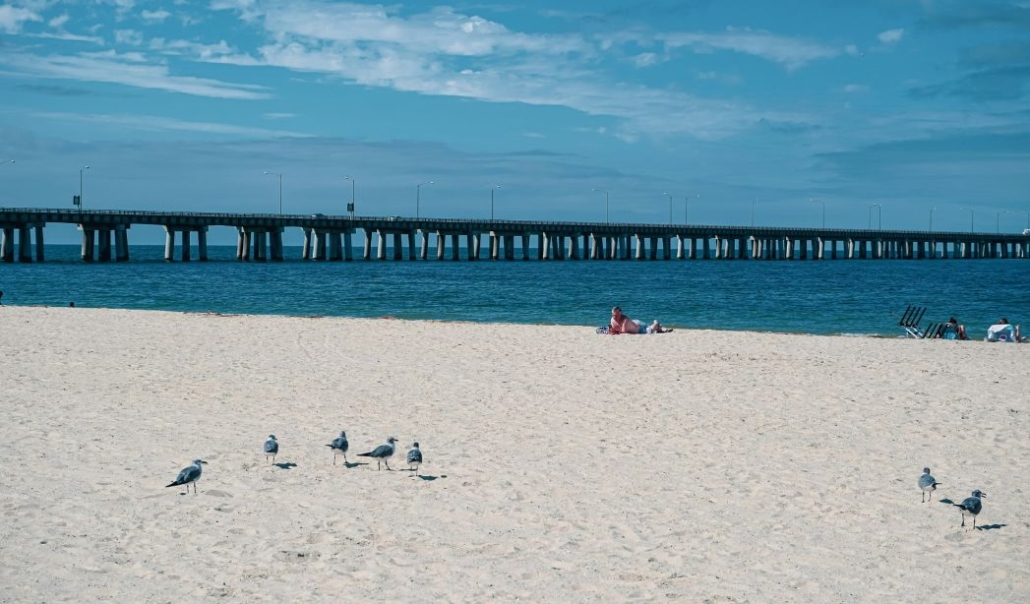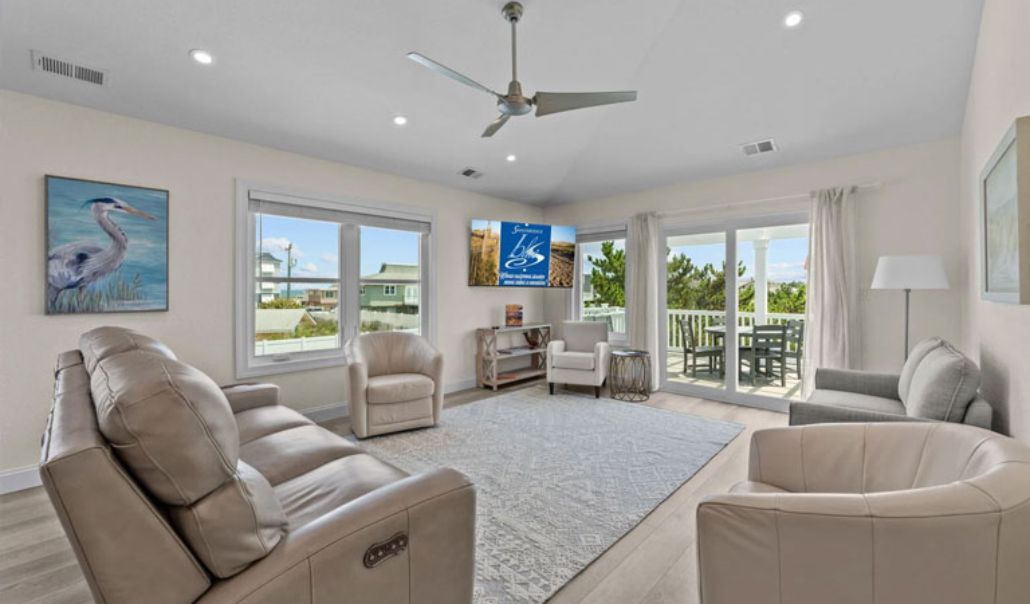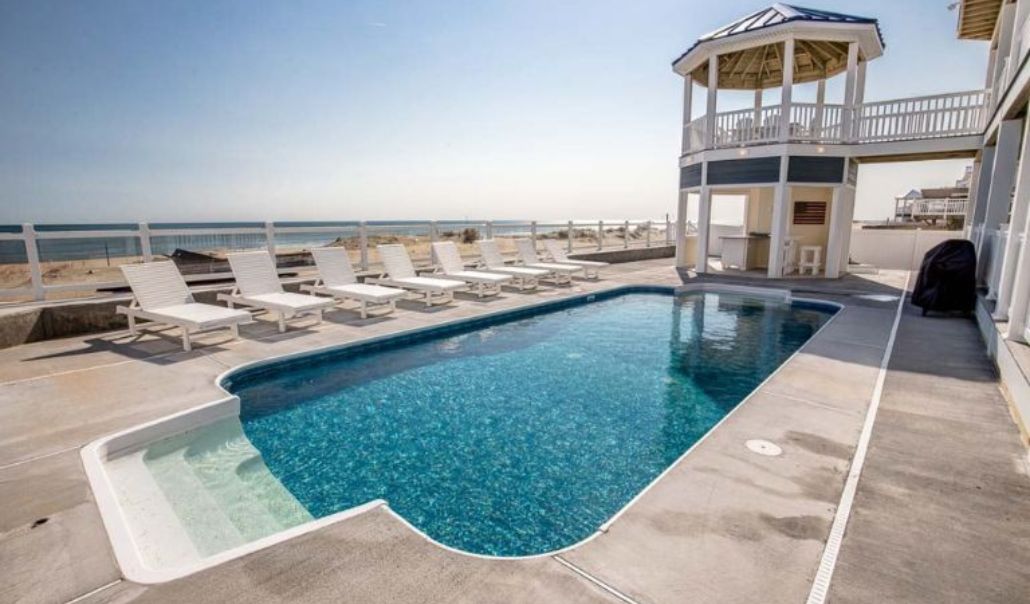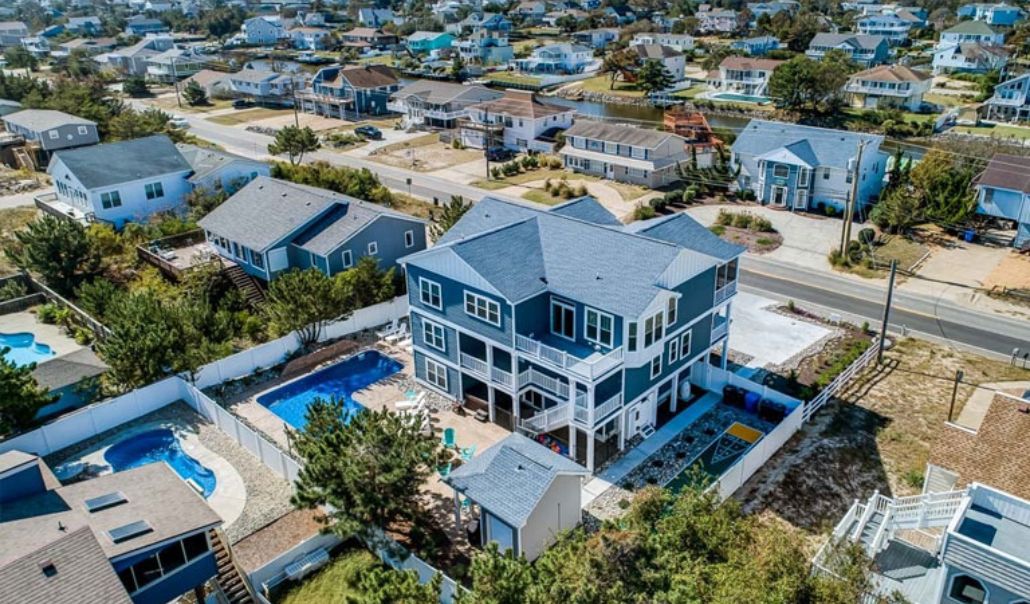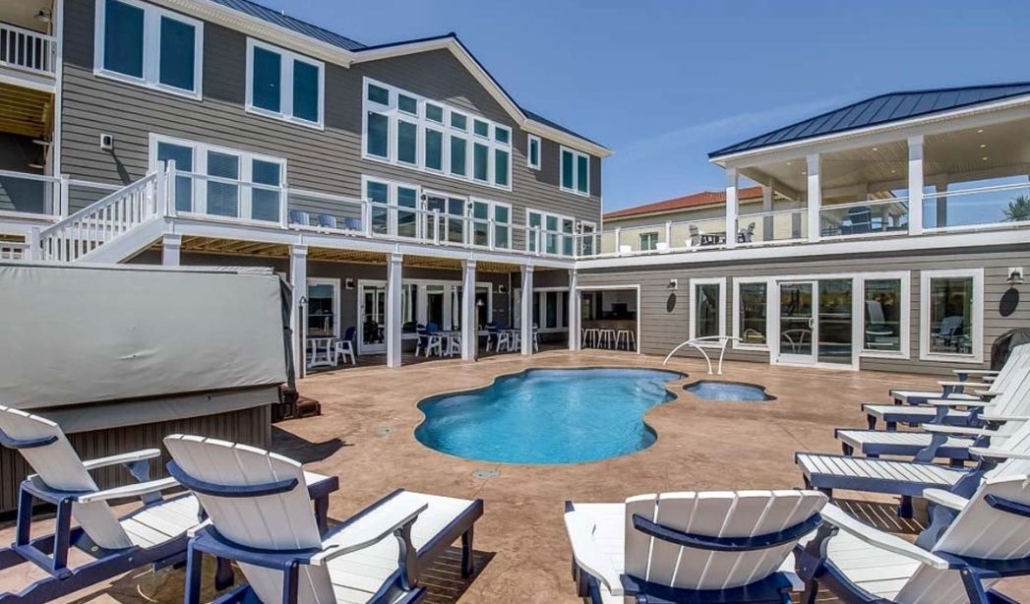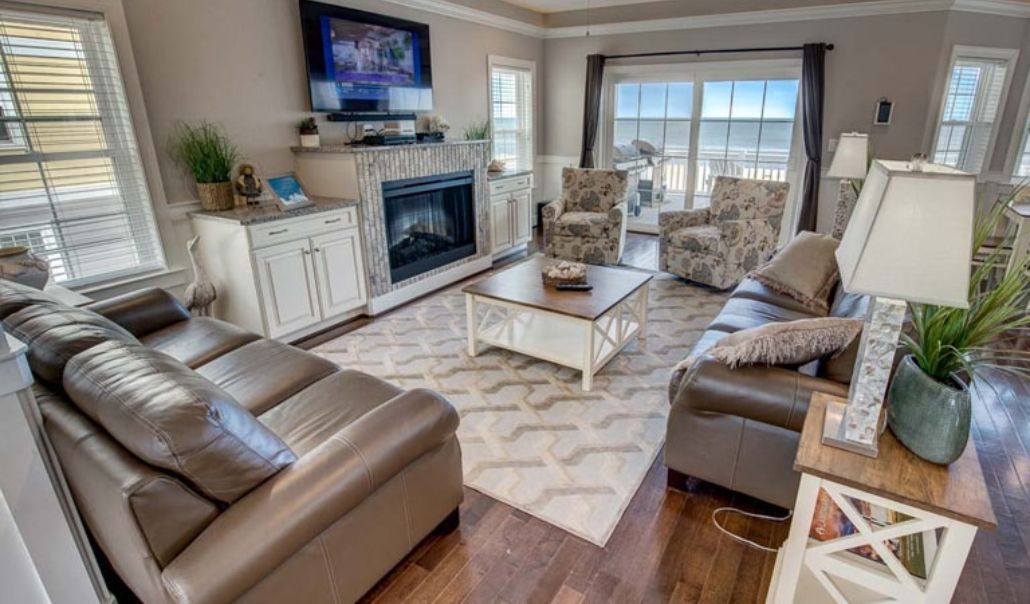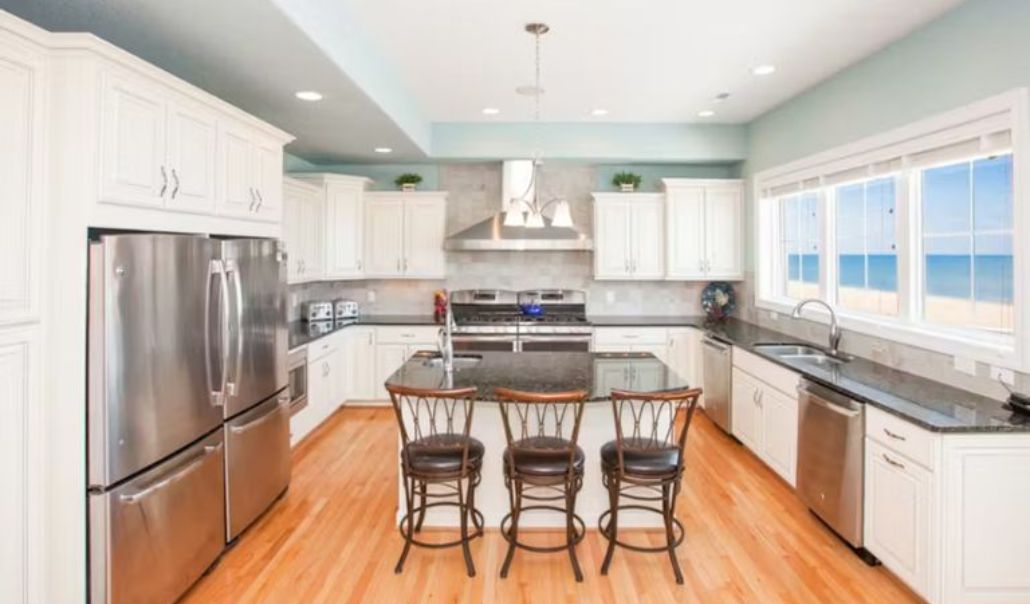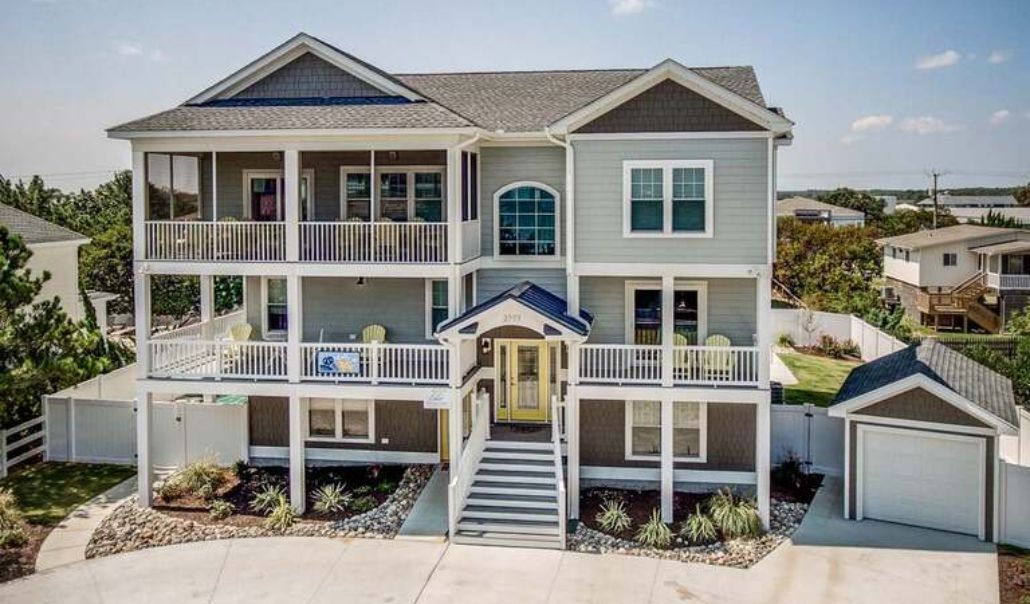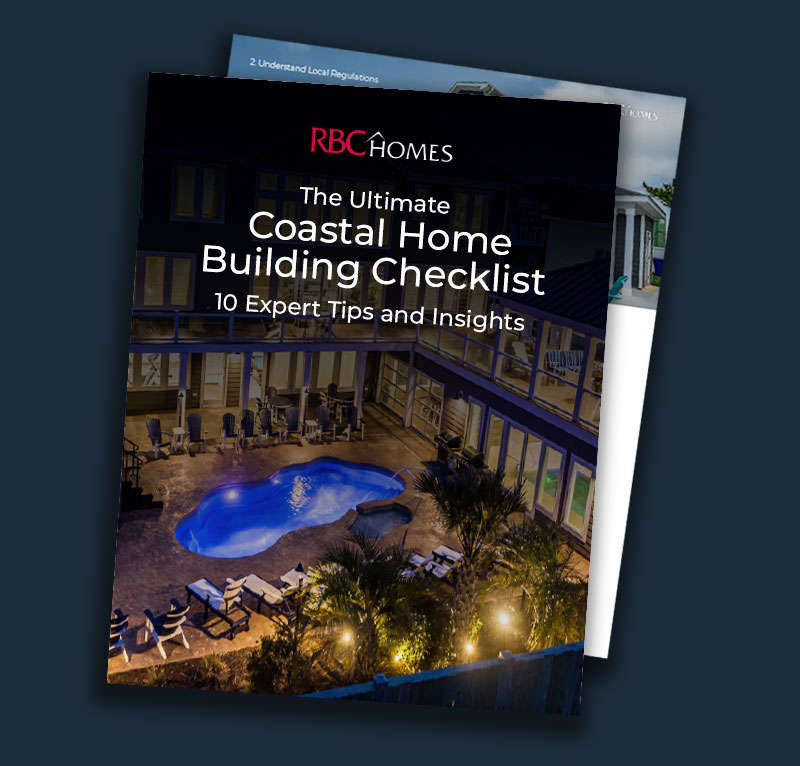How Long Does It Take to Build a House in Virginia Beach, VA?
Ever imagine yourself sipping a drink on your brand new Virginia Beach porch, the sunset ablaze across the sky and the ocean’s rhythm serenading you?
Building your dream home here can make this a reality.
But before you dive in, you might wonder: “how long does it take to build a house in Virginia Beach?”
The average construction timeline in Virginia Beach falls between 7 and 12 months. However, it’s important to remember this is a flexible estimate, and several factors can influence this. Let’s break it down into two key phases, pre-construction and construction. Here’s a general breakdown of the time required for each construction phase:
- Pre-Construction Phase: 2-4 months (planning, design, permits)
- Foundation: 1-2 months
- Framing and Structure: 2-3 months
- Roughing-In: 2-3 months
- Interior and Exterior Work: 2-4 months
- Final Touches: 1-2 months
Trust us, aspiring homeowners – the wait is more than worth it!
Now, let’s dive in into the details:
1. Pre-Construction Phase (2-4 Months)
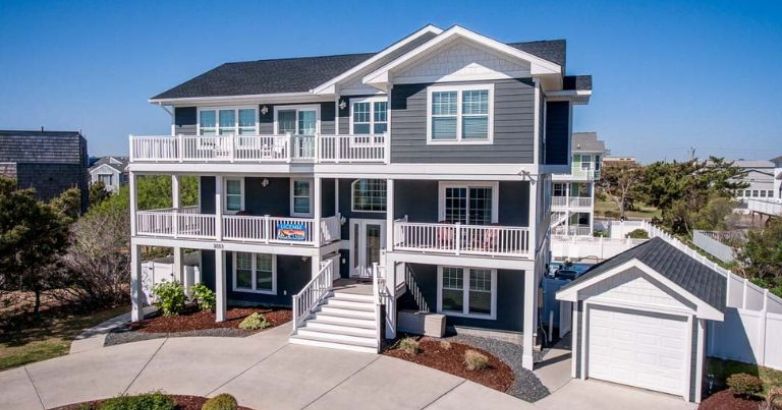
According to the most recent data from the Census Bureau, the average time it takes to get through the pre-construction process is around 1.3 months for a single-family unit.
So, what does this phase entail?
The groundwork for a smooth construction process in Virginia Beach is laid during this initial phase.
Here, planning and securing permits take center stage.
- Planning and Design: This stage involves defining your vision, including the floor plan and exterior finishes. The complexity of the design and the number of revisions can significantly impact the timeline.Choosing a pre-designed floor plan from RBC Homes’ extensive library can expedite this phase compared to creating a custom design from scratch.
- Architectural Design and Blueprints: A licensed architect translates your vision into detailed blueprints required for obtaining permits. The intricacy of the design and any revisions here can also influence the timeline.
- Permits and Regulatory Approvals: Securing necessary permits from Virginia Beach authorities is crucial. The complexity of the project and local regulations can affect the time taken for approvals.
By streamlining these pre-construction steps, you can lay a strong foundation for a smooth and efficient building process in Virginia Beach.
2. Foundation (1-2 Months)
The foundation is the cornerstone of your home, literally!
The timeline for this crucial stage in Virginia Beach is usually 1-2 months and can be influenced by several factors:
- Site Preparation: This encompasses tasks like land grading and foundation excavation, and can vary depending on your plot’s specific characteristics. Sandy soil conditions, common in some coastal Virginia Beach areas, might require additional considerations during site prep.
- Foundation Selection: The National Association of Home Builders (NAHB) emphasizes using qualified professionals to ensure a strong and stable foundation for your dream home. Common options include concrete slabs or foundations with pilings. RBC Homes’ expertise can help you navigate this decision based on your soil conditions and building plans. We can also advise on the potential benefits of installing a grade beam for added stability.
3. Framing and Structure (2-3 Months):
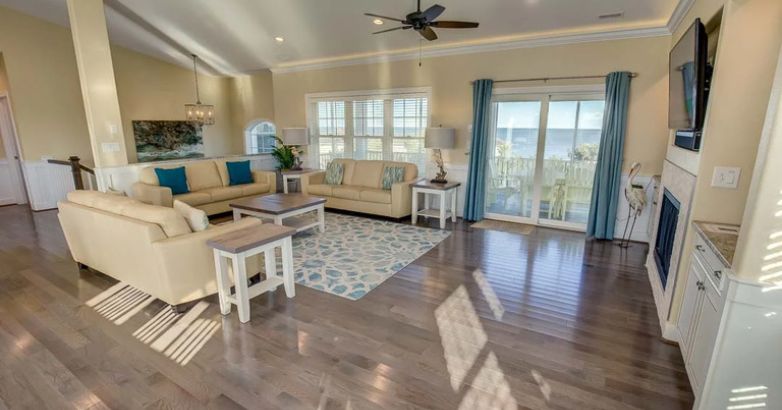
The framework is the skeletal system of your home, providing the structure for everything to come.
This stage, typically lasting 2-3 months in Virginia Beach, involves erecting the walls, roof, and windows.
Optimizing the Framing Process:
The complexity of your design and any modifications made during framing can impact the timeline. Here’s how RBC Homes can help you navigate this stage efficiently in Virginia Beach:
We’ve developed a streamlined framing process that ensures efficient construction while maintaining the exceptional quality you expect for your Virginia Beach dream home.
4. Roughing-In (2-3 months)
The “roughing-in” stage is where the magic starts to happen!
During this 2-3 month period in Virginia Beach, essential systems like plumbing, electrical wiring, and HVAC (heating, ventilation, and air conditioning) are installed throughout the framework of your home.
This meticulous process ensures your dream home functions seamlessly and efficiently.
- Crucial Inspections: Regular inspections by qualified professionals occur throughout the roughing-in phase in Virginia Beach. These inspections guarantee adherence to local building codes and ensure the safety and functionality of your home’s vital systems.
5. Interior and Exterior Work (2-4 Months)
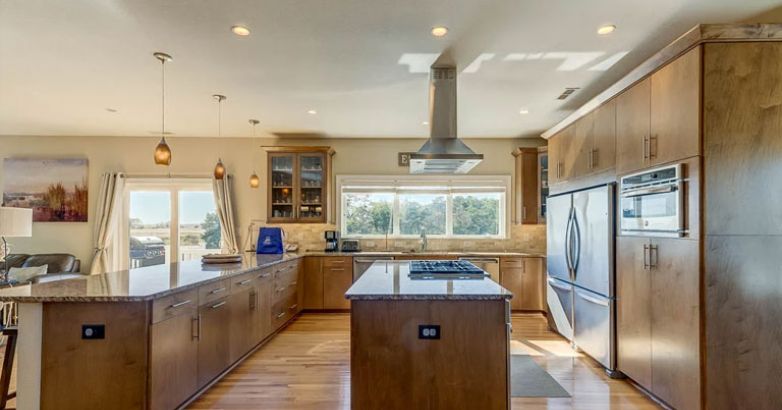
This is the moment where your vision truly comes to life!
The interior and exterior work stage, typically lasting 2-4 months in Virginia Beach, involves transforming the framework into your dream home.
Here’s what you can expect:
- Building the Envelope: Insulation installation creates a comfortable and energy-efficient environment. Drywall goes up, providing a canvas for your design ideas.
- Personalizing Your Space: This is where you get to showcase your style! From selecting the perfect flooring and paint colors to choosing fixtures and finishes, the wide variety of materials and finishes offered by RBC Homes allows you to personalize your Virginia Beach home to perfection. The extent of customization you choose can influence the timeline in this stage.
Read More: Retirement in Virginia Beach VA – 8 Benefits to Know
6. Final Touches (1-2 Months):
You’ve reached the final hurdle!
This exciting stage typically lasts 1-2 months in Virginia Beach, and involves adding the finishing touches that transform your house into your dream home.
Here’s what to expect:
- Polishing the Interior: Cabinets, fixtures, and appliances are installed, bringing functionality and style to your living space.
- Landscaping for Beauty: The exterior comes to life with landscaping, adding curb appeal and creating an inviting outdoor space you can enjoy in Virginia Beach’s beautiful weather.
- Final Inspections: Meticulous final inspections by qualified professionals ensure everything meets safety standards and building codes. Once these are complete, you’ll be given the green light to move into your dream home!
Tip for Virginia Beach Homebuilders: Finalizing selections early in the process can expedite this stage. Collaborate with your home builder to ensure materials are readily available to avoid delays.
The Average Construction Timeline in Virginia Beach
As we have observed, the average house construction timeline in Virginia Beach falls within the national range of 7 to 12 months. However, this can vary depending on your chosen building method.
- Traditional Construction: This method offers maximum design flexibility, allowing you to customize your dream home. While the on-site building process can take longer, Virginia Beach’s favorable summer weather conditions (as discussed earlier) can potentially expedite construction compared to regions with harsher climates.
- Prefab Construction: Prefabricated homes are built in sections off-site, often resulting in a faster construction timeline in Virginia Beach. This method can be ideal if you have a tighter timeframe or a simpler design in mind. However, prefab homes might have limitations in terms of customization options.
RBC Can Help You Decide:
RBC Homes understands the importance of timelines in Virginia Beach.
Contact us today! We can provide a more specific construction timeframe estimate based on your project details and desired level of customization.
Our team will help you make an informed decision that aligns with your vision and schedule.
Factors Influencing Timeline of Building a House in Virginia Beach
While the national average for building a house falls between 7 and 12 months, your Virginia Beach project might have a different timeline. Here’s why:
- Size and Design Complexity: Grand estates with elaborate features will naturally take longer than simpler bungalows. Optimizing your design or choosing a pre-designed floor plan from RBC Homes can streamline this process.
- Virginia Beach Weather: Favorable summer weather conditions can potentially expedite construction compared to regions with harsher winters. However, factor in potential delays due to hurricane season, which is a regional consideration for Virginia Beach.
- Material Availability and Labor: The local availability of building materials and skilled labor can influence the timeline. RBC Homes’ experience navigating the Virginia Beach construction landscape can help mitigate these potential delays.
- Design Changes and Unforeseen Issues: While modifications and unforeseen situations can arise, RBC Homes’ transparent communication and proactive approach can help minimize their impact on your schedule.
Partnering for a Smooth Build:
By understanding these Virginia Beach-specific factors, you can create a more realistic timeline for your dream home. Contact RBC Homes today to discuss your project and explore ways to optimize your construction journey.
Building Dreams on Time: Real-Life Examples from RBC Homes
At RBC Homes, we understand the importance of a clear timeline when building your dream home. Here, we’ll showcase how our commitment to efficiency translates to success for our clients, along with valuable insights from our construction experts:
“Bellissimo”
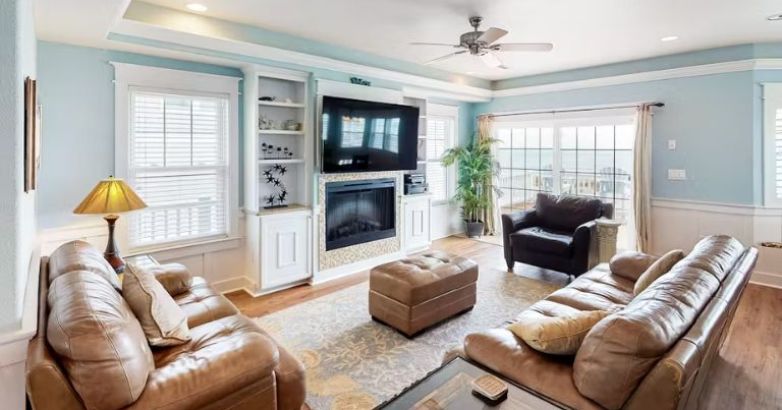
Imagine waking up to panoramic ocean views from your private balcony in one of “Bellissimo’s” nine luxurious bedrooms.
This sprawling oceanfront property boasts a private pool with tempered-glass fencing, creating a seamless connection between your indoor and outdoor living spaces. Relax in the two-story gazebo or unwind in the state-of-the-art home theater.
The gourmet kitchen, equipped with top-of-the-line appliances, caters to the chef in you.
“Villa Sol”
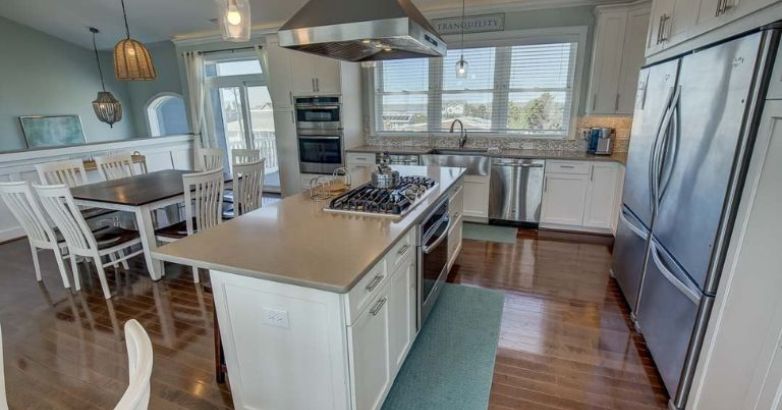
“Villa Sol” exemplifies the essence of coastal living.
This oceanfront escape features nine luxurious bedrooms, including seven private masters, ideal for family gatherings or large groups.
Revel in the private pool, hot tub, and cabana bar, perfect for creating lasting memories under the Virginia Beach sun.
“American Dream”
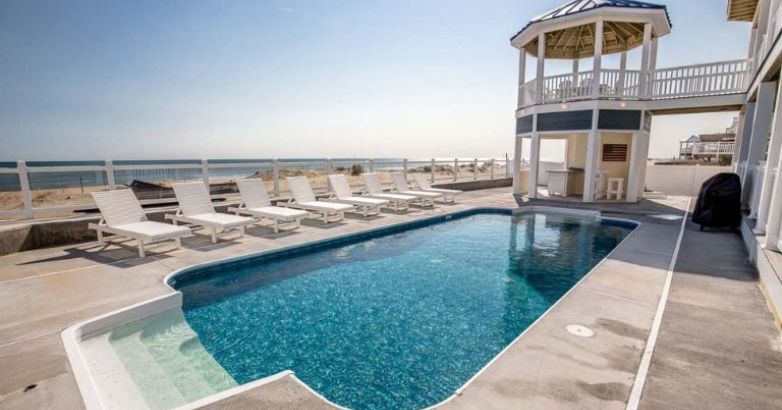
“American Dream” brings your family vacation dreams to life.
This sprawling 3-level oceanfront home boasts expansive decks, a poolside cabana bar, and a ground-level rec room for endless fun. Relax in the hot tub, unwind in the open great room with stunning views, or whip up meals in the gourmet kitchen.
Luxurious bedrooms and professionally decorated spaces ensure everyone feels comfortable and entertained.
Ready to Discuss Your Dream Home?
These are just 3 examples of the exceptional oceanfront properties RBC Homes can build.
Our commitment ensures your dream home is built on time and within budget, allowing you to start enjoying your coastal oasis sooner.
Contact RBC Homes today to discuss your project and get a personalized construction timeline estimate.
Let’s turn your dream into reality, together.
Frequently Asked Questions:
Here, address common questions people might have about building timelines:
While rare, under ideal circumstances (simple design, readily available materials, favorable weather) a very small and basic home might be achievable in 3 months. However, this is an aggressive timeframe and not typical for most projects.
RBC Homes can analyze your project and provide an accurate timeline estimate. Prefabricated homes might offer a slightly faster construction timeframe compared to traditional builds.
The pre-construction phase, particularly securing permits, can sometimes take longer than anticipated. However, the overall timeline depends on your specific project.
Contact RBC Homes today for a free consultation. Let’s discuss your vision and create a timeline that brings your dream home in Virginia Beach to life!
Conclusion
Building a house in Virginia Beach is an exciting journey, and with careful planning, you can navigate the construction process smoothly.
This guide has provided insights into the various phases involved and the factors that can influence the timeline.
Remember, the average timeframe is 7 to 12 months, but it can vary depending on your project’s specifics.
RBC Homes understands the importance of clear communication and realistic timelines.
Contact us today to discuss your dream home and get a personalized construction timeline estimate. We’ll be happy to guide you through the process and turn your dream into reality.
